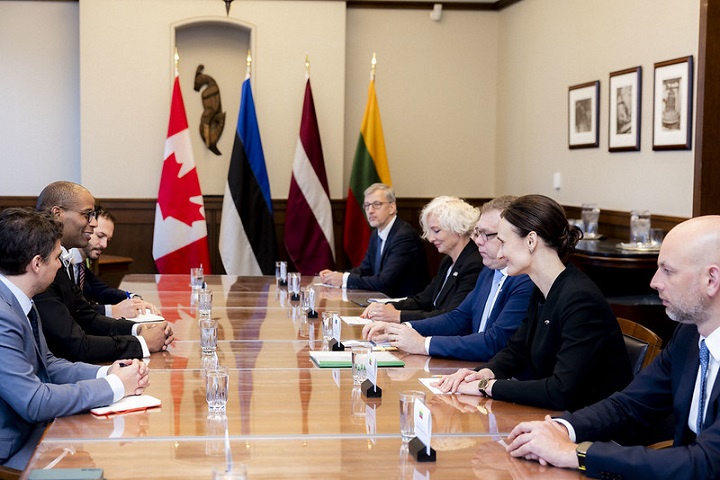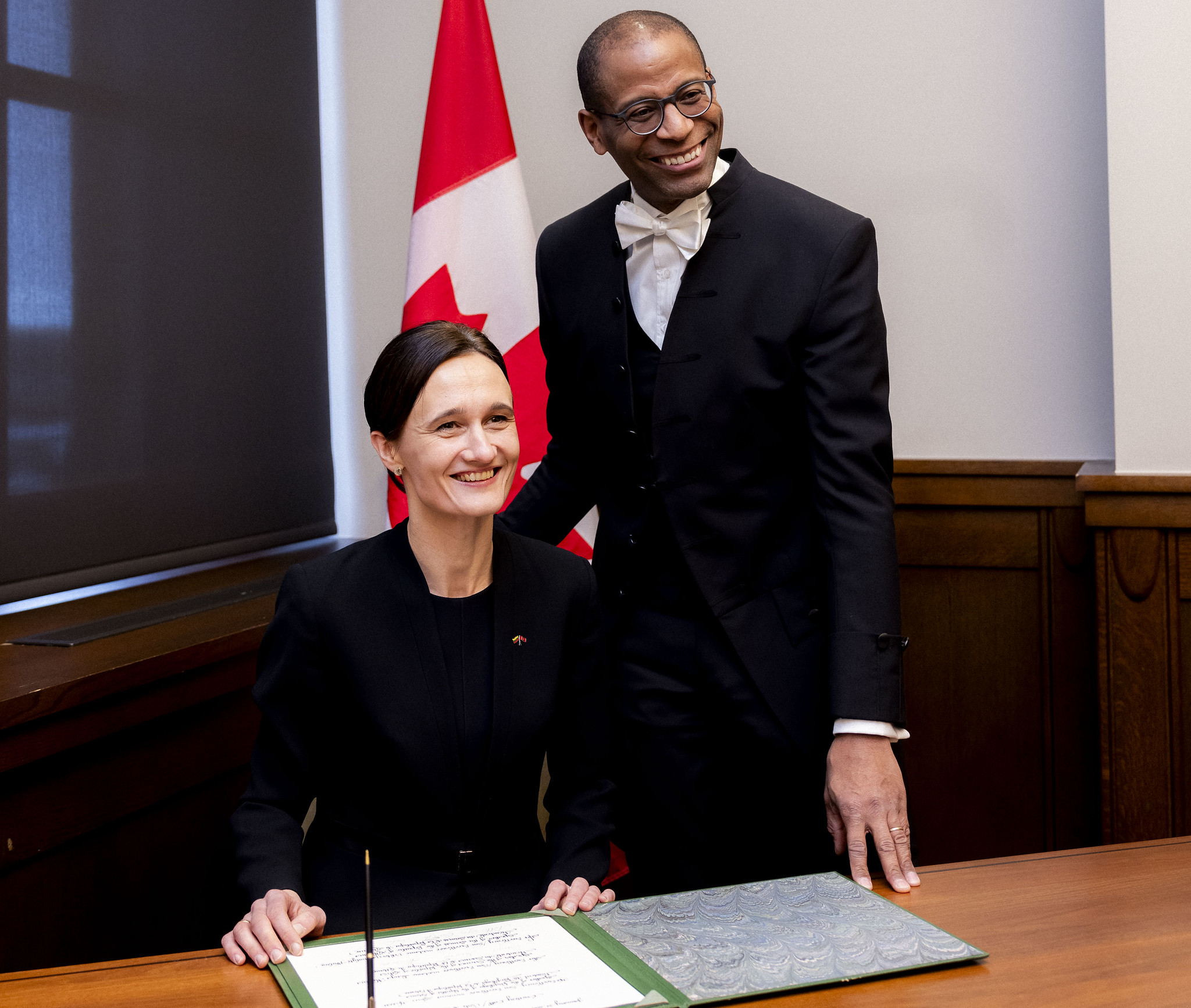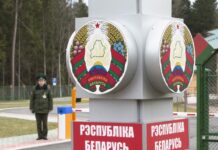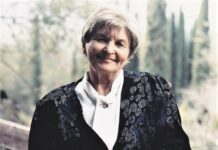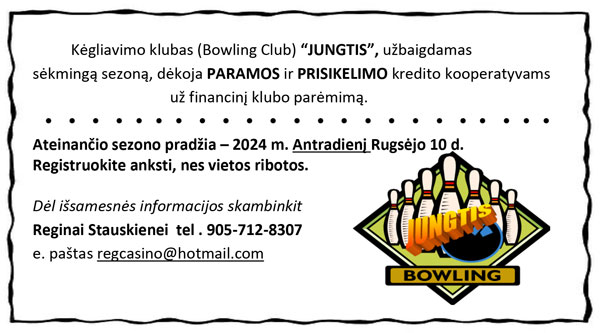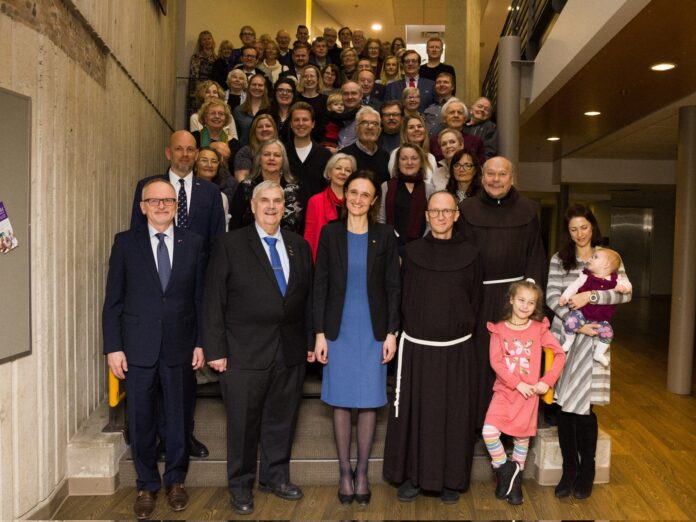
The Speakers of the parliaments of the Baltic States Lauri Hussar, Daiga Mieriņa and Viktorija Čmilytė-Nielsen visited Canada and the United States this week to discuss the security situation, support to Ukraine and mutual cooperation.
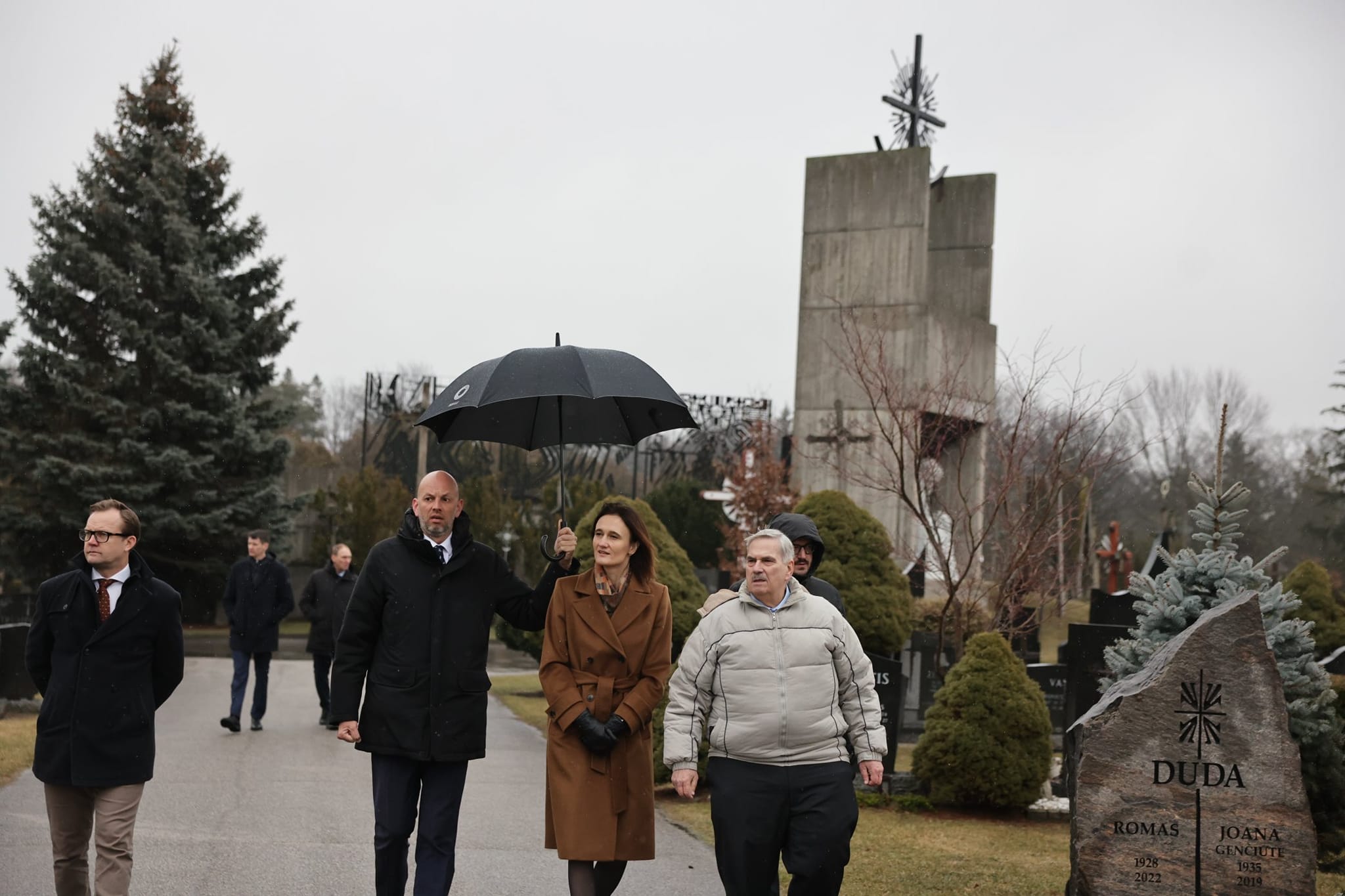 On January 29, Lithuanian Seimas Speaker Viktorija Čmilyte-Nielsen was in Toronto where her itinerary included a visit to the Lithuanian Freedom Fighters’ monument in Mississauga, and the Lithuanian Museum-Archives of Canada.
On January 29, Lithuanian Seimas Speaker Viktorija Čmilyte-Nielsen was in Toronto where her itinerary included a visit to the Lithuanian Freedom Fighters’ monument in Mississauga, and the Lithuanian Museum-Archives of Canada.
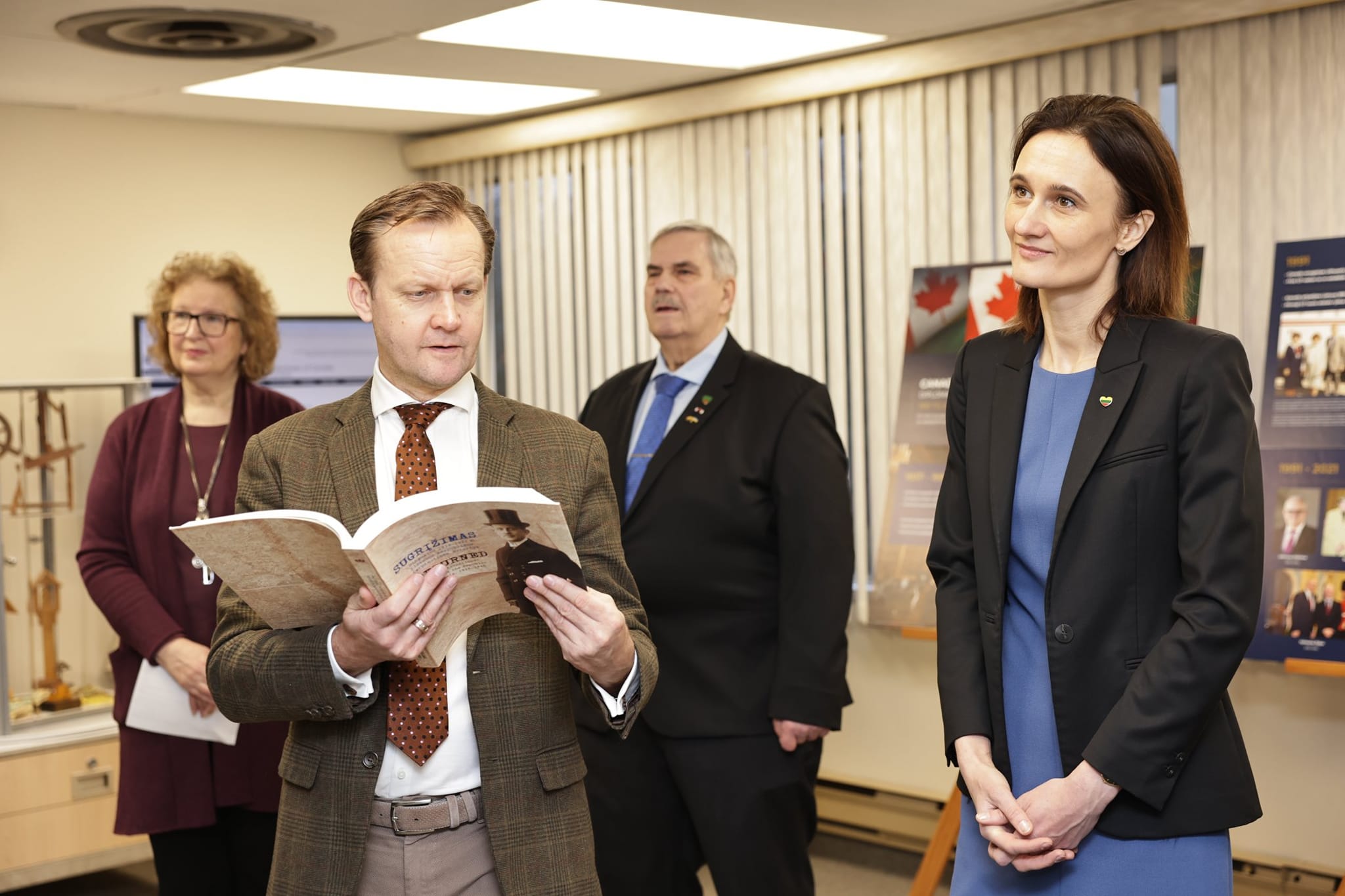 At the Resurrection Parish, she spoke to the Lithuanian Community, expressing appreciation for Canada’s policy of strict sanctions toward Russia in keeping with the European Union’s position and support for the use of frozen Russian assets in support of Ukraine.
At the Resurrection Parish, she spoke to the Lithuanian Community, expressing appreciation for Canada’s policy of strict sanctions toward Russia in keeping with the European Union’s position and support for the use of frozen Russian assets in support of Ukraine.
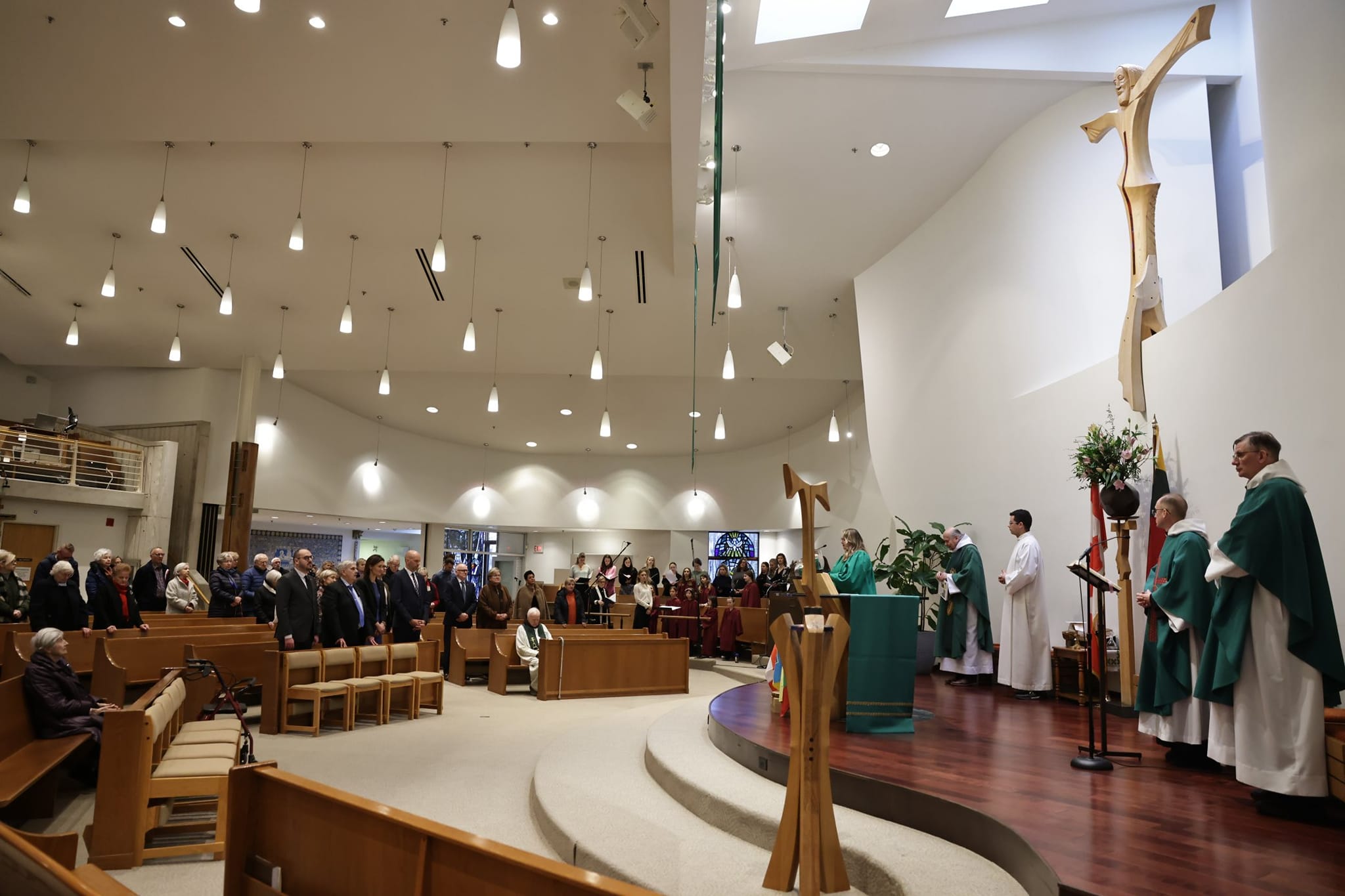 She noted that a special international tribunal should be established to assess crimes against Ukraine and bring war criminals to justice for violation of basic principles on behalf of Ukraine and the international community.
She noted that a special international tribunal should be established to assess crimes against Ukraine and bring war criminals to justice for violation of basic principles on behalf of Ukraine and the international community.
She thanked Lithuanian Canadians for their continued support of Lithuanian independence, noting that even today Lithuania’s relationship with its diaspora is extremely important. Although the geopolitical situation in the world today is tense, Lithuania’s security is being guaranteed by NATO and the European Union. Lithuania has taken timely steps to invest in its security by increasing defense funds, and modernizing the armed forces. Universal conscription is currently being discussed.
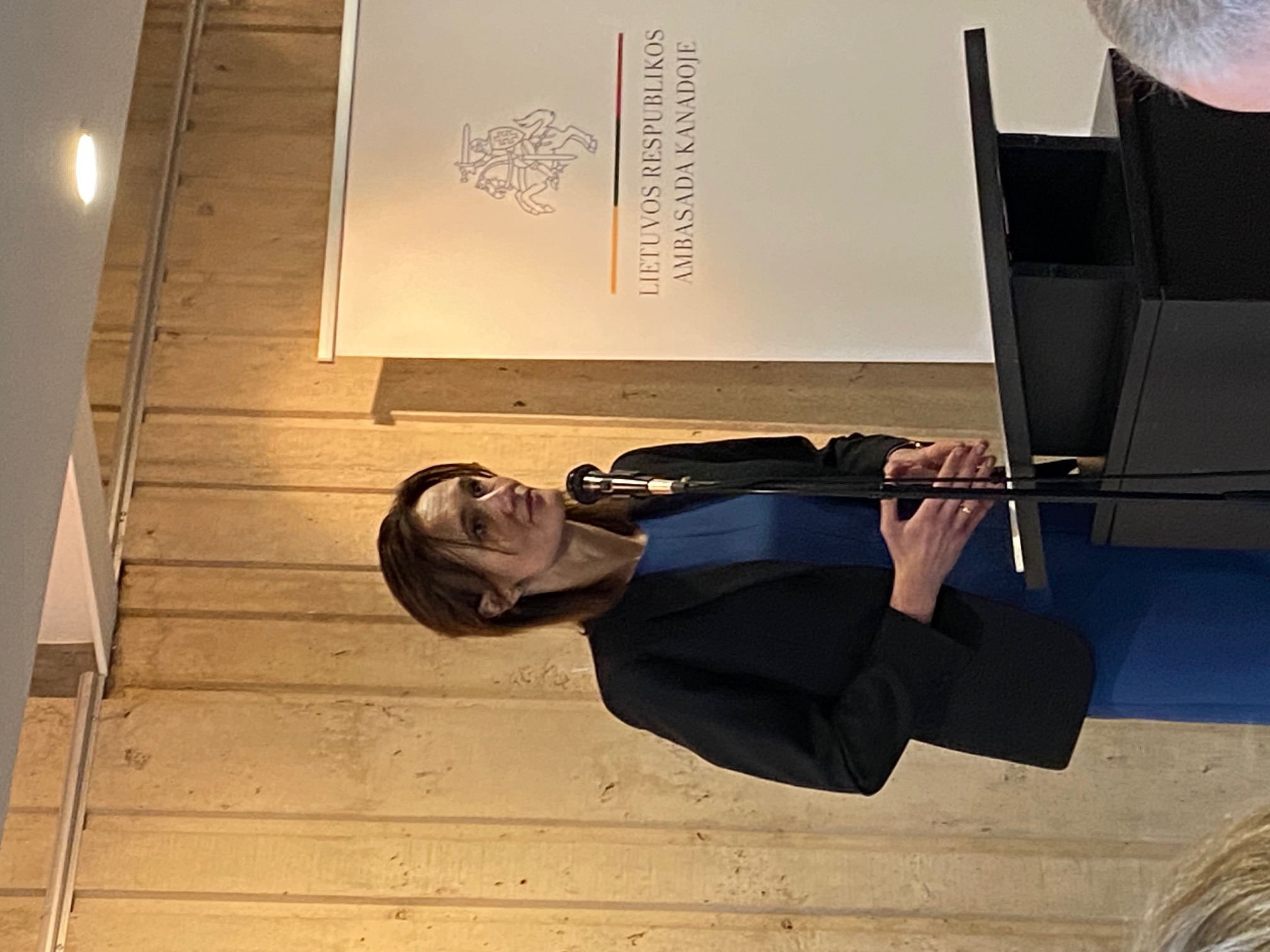 Another important topic is the upcoming referendum on dual citizenship. Seimas Speaker Čmilytė-Nielsen urged Lithuanians in the diaspora to be more active in the referendum so that their own wishes may be fulfilled.
Another important topic is the upcoming referendum on dual citizenship. Seimas Speaker Čmilytė-Nielsen urged Lithuanians in the diaspora to be more active in the referendum so that their own wishes may be fulfilled.
Questions from the audience were about preparation for the defense of the “Suvalkų” Corridor, Lithuania’s relations with the newly elected government of Poland, and Lithuanian views on Canada. Čmilytė-Nielsen confirmed that the Baltic States and Canada are close NATO partners working together for security in the region. Opening a Canadian Embassy in Vilnius will provide further potential for bilateral cooperation.
The Speaker also responded to questions about language and information programs for youth returning to Lithuania. She noted that there is no threat to democracy in the country because of the multi-party system, and there is no imminent danger from extremist individuals or small groups.
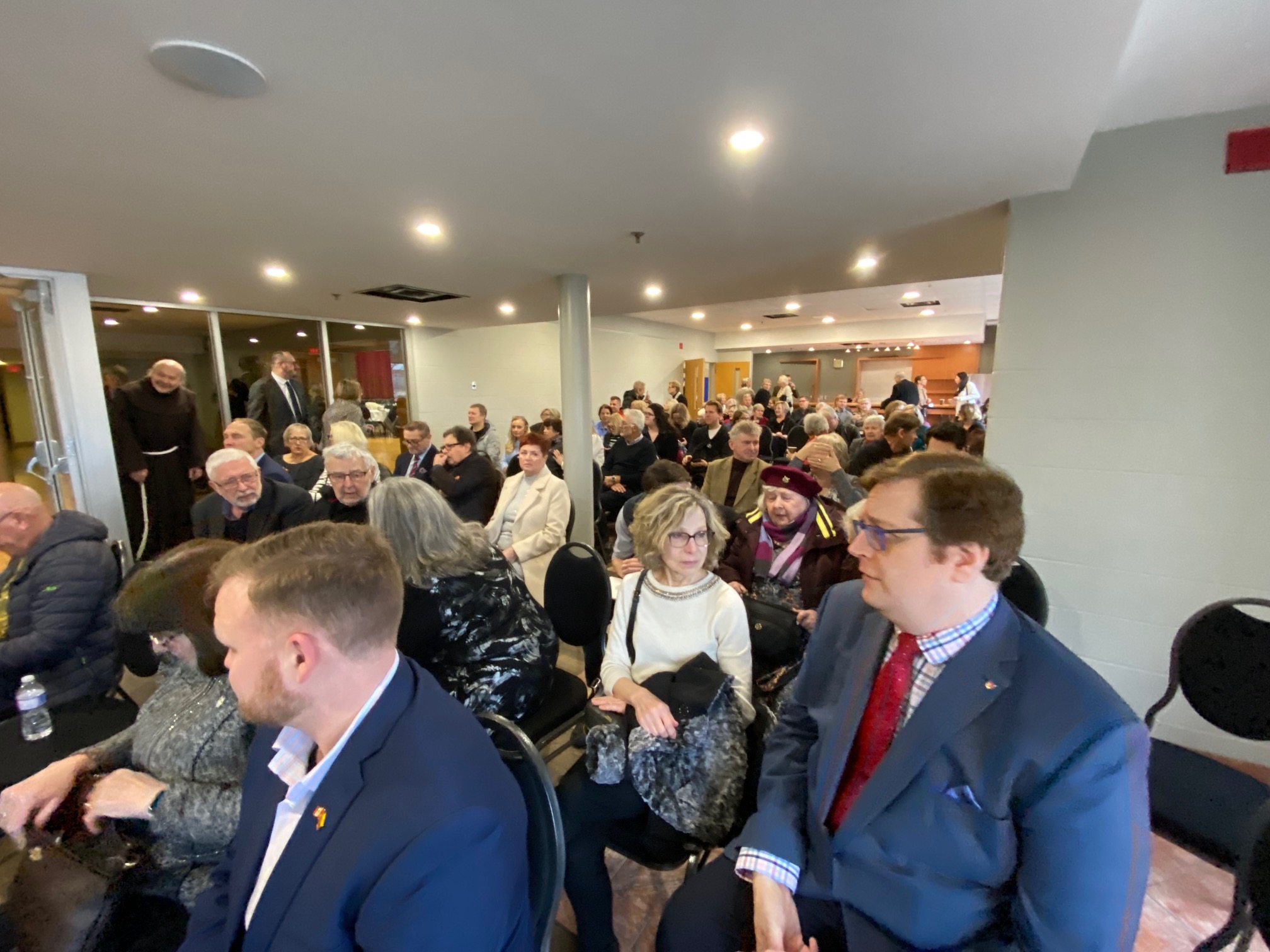 There are already several Baltic organizations working together, as well as the Lublin Triangle uniting Northern and Baltic countries and facilitating intergovernmental cooperation on various issues, including the war in Ukraine. From the very first days of the invasion, Lithuanians were united in their effort to help Ukraine, collecting funds and helping refugees. In Vilnius alone there are 80,000 Ukrainian refugees and 60,000 Belarusians who fled Lukashenko’s regime. The remaining border points with Belarus cannot be closed, so that members of the opposition may be able to escape repression.
There are already several Baltic organizations working together, as well as the Lublin Triangle uniting Northern and Baltic countries and facilitating intergovernmental cooperation on various issues, including the war in Ukraine. From the very first days of the invasion, Lithuanians were united in their effort to help Ukraine, collecting funds and helping refugees. In Vilnius alone there are 80,000 Ukrainian refugees and 60,000 Belarusians who fled Lukashenko’s regime. The remaining border points with Belarus cannot be closed, so that members of the opposition may be able to escape repression.
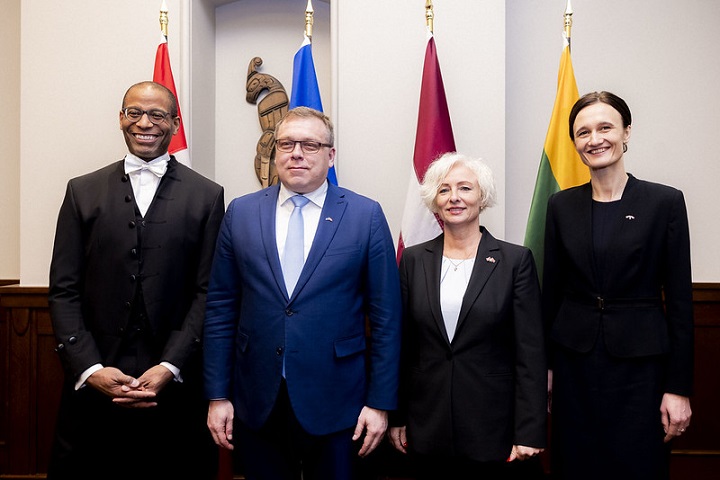
In Ottawa on January 29, the Baltic dignitaries met with Speaker of the House of Commons of Canada Greg Fergus, and members of the Canada-Nordic-Baltic Parliamentary Friendship Group. The discussions at the meetings focused on developments in the Baltic Sea region, enlargement of NATO, continuing support for Ukraine and the situation in the Middle East.
On January 30, the Speakers of the Baltic parliaments travelled to the USA, to meet with Speaker of the House of Representatives Mike Johnson in Washington, and to speak with Chair of the Senate Foreign Relations Committee Benjamin Cardin, former Speaker of the House of Representatives Nancy Pelosi, and other members of the House of Representatives and the Senate.
